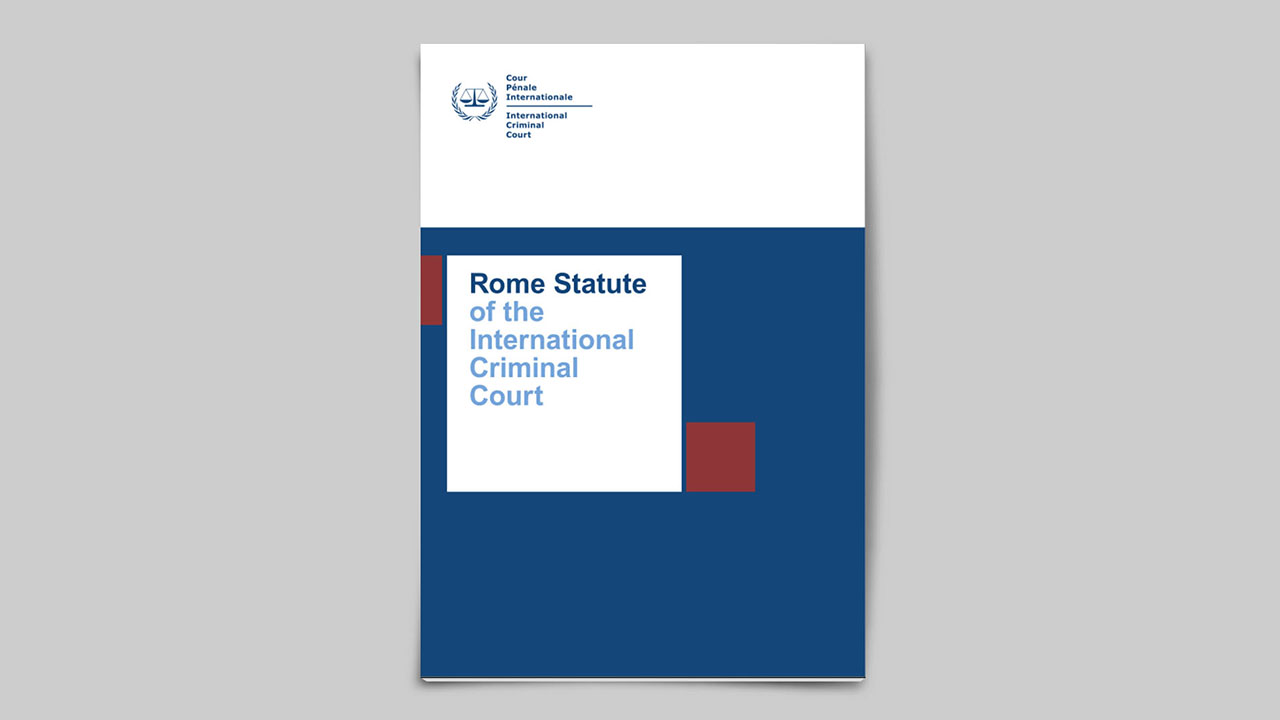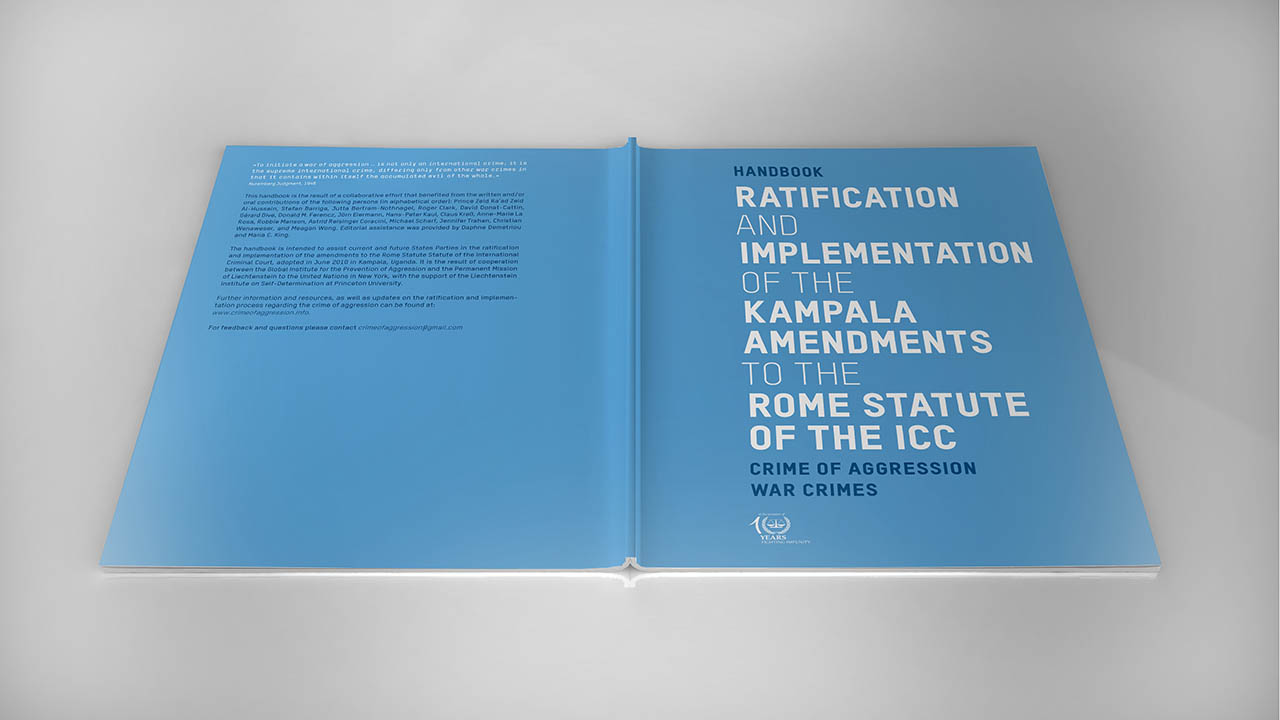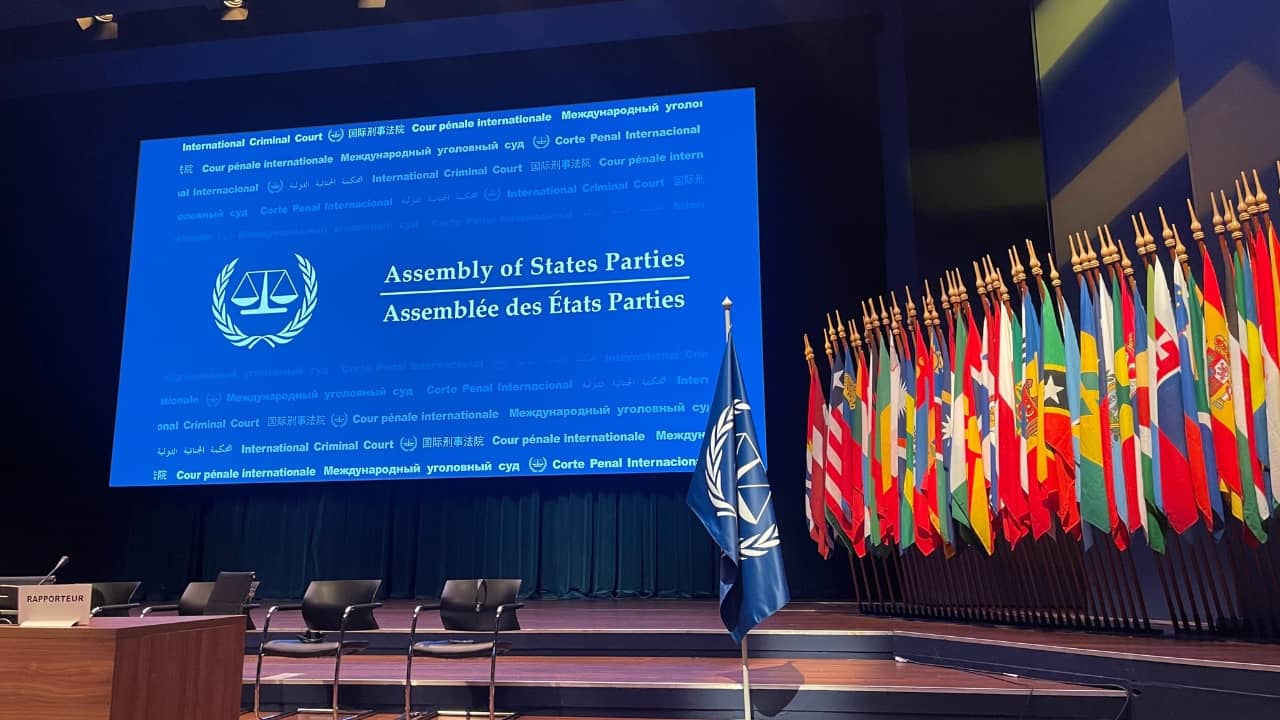The Challenge: Fighting Against Impunity for International Crimes
Historical Background
The 20th century was marked by armed conflicts and the commission of crimes that shocked the conscience of humanity. In the wake of the Second World War, the Nuremberg and Tokyo international military tribunals were established to bring perpetrators to justice, moving away from the impunity-paradigm that characterized the period between the two World Wars. With the adoption of the Convention on the Prevention and Punishment of the Crime of Genocide in 1948, which provides for the establishment of an international criminal court, the United Nations General Assembly (UNGA) invited the International Law Commission (ILC) to work on the draft statute of a permanent international judicial body to try those charged with genocide and other crimes under International Law.
With the advent of the Cold War, the concept of a system of international criminal justice was “frozen” for several decades. In 1989, with the fall of the Berlin wall, the UN General Assembly decided to reassign the ILC with the task of preparing for an international criminal court. The basis for this was an unanimously adopted UNGA resolution that had been drafted and tabled by the Prime Minister of Trinidad and Tobago, Mr. ANR Robinson, MP. Mr. Robinson was a member of the PGA Executive Committee who helped setting up PGA’s International Law and Human Rights Program.
In the 1990s, the world once again witnessed unspeakable atrocities committed in former Yugoslavia and in Rwanda, in the face of the inaction by the International Community to halt mass atrocities, the United Nations Security Council (UNSC) decided to establish ad hoc tribunals for each of these situations in 1993 and 1994. These events spearheaded the decision of the ILC to produce a draft statute for an international criminal court in 1994, which was submitted for consideration of the UN Ad Hoc Committee on an International Criminal Court (ICC) in 1995. The same year, Italy offered to the UNGA to host and sponsor a Diplomatic Conference of Plenipotentiaries for the adoption of a statute of an ICC. The UNGA accepted the offer and set up a Preparatory Committee for the establishment of an international criminal court between 1996-1998, which transmitted the text of a draft Statute to the Rome Diplomatic Conference. The Rome Conference took place from 15 June to 17 July 1998 and ended with the adoption of the Rome Statute of the ICC, which the Secretary-General of the UN Kofi Annan welcomed as a “gift of hope for future generations.”
On 17 July 1998, representatives of 160 States adopted the Rome Statute of the ICC. 120 States voted in favour, 7 States against, and 21 abstained, while 12 States did not attend the final vote, which took place after midnight. This gave birth to the first permanent and independent international court capable of investigating and bringing to justice individuals who commit the most serious violations of international criminal law, international humanitarian law and human rights, namely: genocide, crimes against humanity, war crimes, and crime of aggression.
However, States continue to be fundamental to ensuring that perpetrators of international crimes are held accountable given that the ICC is not a supranational organization, but an international organization based on State and inter-State cooperation and enforcement.
Firstly, the ICC is a court of last resort and does not substitute national courts. According to the Rome Statute, the ICC can only intervene where a State is unable or unwilling to genuinely carry out the investigation and prosecute the perpetrators. Secondly, the ICC does not have its own police force, which is why it relies on State and inter-State cooperation for the arrest and surrender of suspects.
For the system established by the Rome Statute of the ICC to become truly universal and effective, Members of Parliament (MPs) play a pivotal role. Using their legislative prerogatives, they can advance the ratification of the Rome Statute and its amendments, the implementation of the Statute in domestic legal frameworks, and the signature of bilateral cooperation agreements with the ICC, as well as the ratification of Agreement on Privileges and Immunities of the International Criminal Court (APIC). Since the Rome Statute system is not supported by any international parliamentary body; PGA’s Campaign for the Rome Statute of the ICC is also designed to create, develop and maintain a “global” parliamentary constituency for the ICC.









